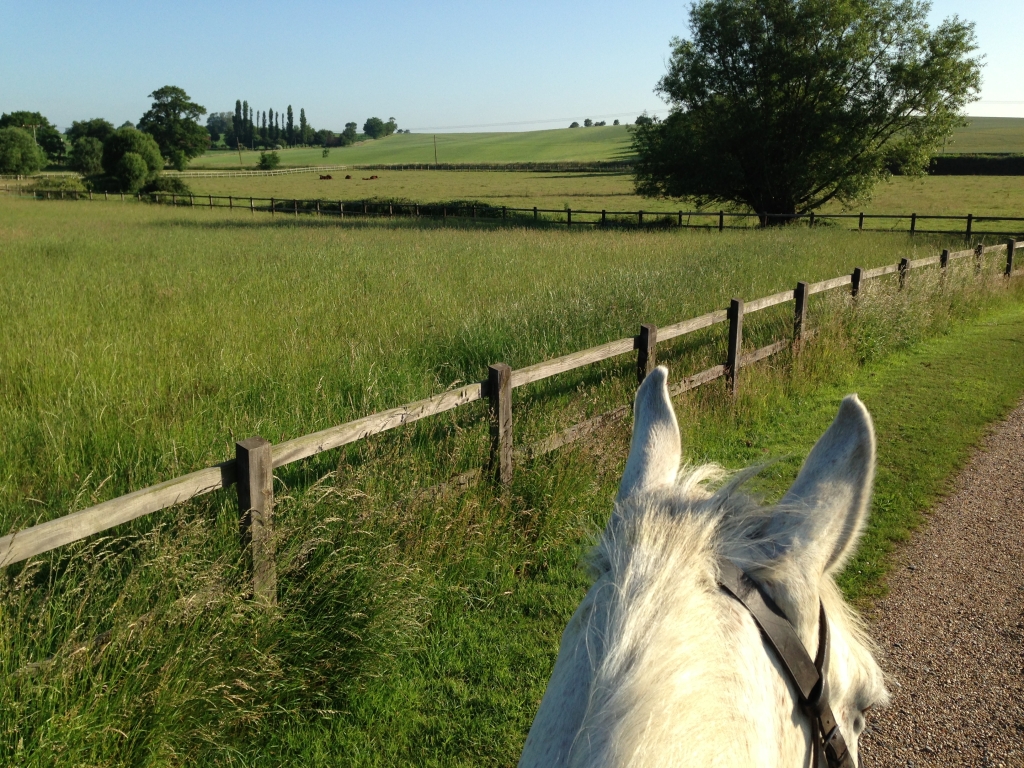
BEVA Reassures No Need For Alarm As West Nile Virus Diagnosed In The UK
On 6 November 2022 a case of neurological disease resulting from infection with West Nile Virus (WNV) was diagnosed in an unvaccinated seven-year-old Warmblood mare that had recently returned to the UK from competing in Spain. The timeline was such that the infection was almost certainly contracted in Spain with signs worsening when the horse got back to the UK. The horse was transported straight to a leading equine hospital and having now been discharged, is recovering well at home. There is no risk of onward spread within the UK.
West Nile Virus is a notifiable disease because of the threat it poses to human health. However, this case need not prompt alarm as the infection does not spread from horses to other animals or people. Although horses can become very sick, and even die, when they become infected, they have very low levels of virus circulating in their bodies, insufficient for the infection to be transmitted.
This is not the first time WNV has been detected in a horse in the UK, in October 2013 the condition was diagnosed in a horse arriving in the UK from Europe. The virus is becoming increasingly common across Southern and Eastern Europe where it is spread between different species, primarily birds, by blood-feeding mosquitoes.
With rising temperatures spread of WNV to Northern European Countries, including the UK, is increasingly possible. Cases in horses have been identified this year in multiple countries, including France and Germany. This case serves as a reminder of the value of vaccinating horses that are travelling to countries where WNV is common, such as Southern and Eastern Europe and The Americas.
Vaccines are available in the UK. The risk is highest in Summer and Autumn when mosquitoes are more prevalent. It is also a reminder of the importance of remaining vigilant for signs of the disease in horses that are travelling. Signs typically include muscle tremors, weakness, stiffness, ataxia (wobbly gait) and potentially recumbency.
For further information visit:
BEVA: https://www.beva.org.uk/Guidance-and-Resources/Infectious-Diseases/Equine-Exotic-Disease
HBLB: https://codes.hblb.org.uk/index.php/page/174
DEFRA: http://apha.defra.gov.uk/vet-gateway/tte/wnv.htm
More from BEVA

 3 years ago
3 years ago  925 views
925 views